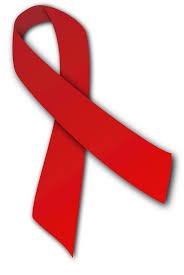Korede Abdullah in Lagos
The Network of People Living with HIV/AIDS in Nigeria (NEPWHAN) has urged the Federal Government and stakeholders to adopt a comprehensive and inclusive approach to HIV response in Nigeria.
This call was made on the occasion of the 2024 World AIDS Day, with the theme “Take the Right Path.” NEPWHAN’s Lagos State Coordinator, Patrick Akpan, emphasized the need for collective effort to end AIDS by 2030, stating, “Ending AIDS requires everyone’s involvement. If we don’t stop stigma, we won’t end AIDS.”
Akpan highlighted the importance of baseline tests for individuals diagnosed with HIV, which assess vital organs like the liver and kidneys to determine appropriate medication.
However, he noted that the current “test and start” practice often bypasses these essential tests, leading to potential harm.
The high cost of baseline tests, around N12,000 per test, poses another challenge, making it difficult for many to access timely testing.
Ibrahim Umoru, Executive Director of Good Learning Educators Initiative, called for intensified efforts in HIV response and awareness, acknowledging challenges in achieving Prevention of Mother-To-Child Transmission (PMTCT) targets.
He emphasized Nigeria’s need for local production of drugs and diagnostics, stating, “Nigeria must manage its resources better for the benefit of its people.”
Umoru warned that without local resource mobilization and government ownership, Nigeria will continue to face the same challenges, emphasizing that “the response programmes require individuals to equip themselves to meet expectations.”
Both Akpan and Umoru stressed the need to end stigmatization and discrimination, particularly for persons living with disabilities. Akpan urged Nigerians to stop stigmatization, believing it’s crucial to ending AIDS.
Umoru noted that while Lagos State has laws against stigma, implementation remains weak, and awareness creation is essential to ensure people access tests and treatments.



